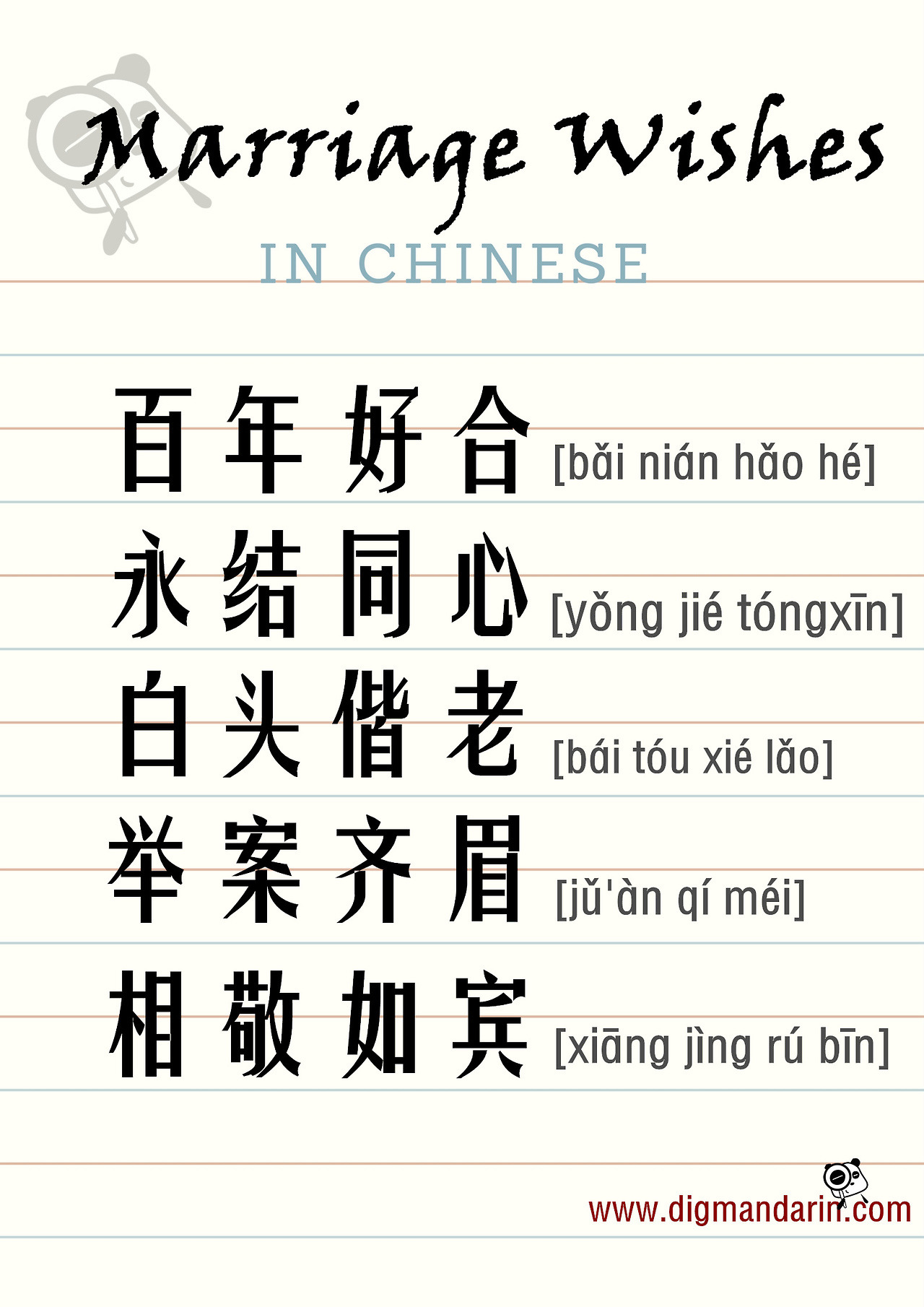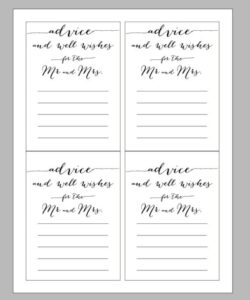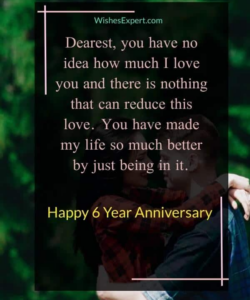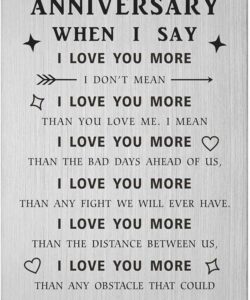When it comes to expressing heartfelt congratulations and good wishes for a newly married couple, language plays a crucial role in conveying the depth of your sentiments. In Chinese culture, weddings are not just a union of two individuals but a celebration of family, tradition, and hopes for prosperity. Understanding the significance of wedding wishes in the Chinese language can add a layer of cultural appreciation and personal touch to your message.
Whether you are attending a Chinese wedding or sending your regards from afar, knowing the right phrases and customs can make your wishes stand out. This article will guide you through crafting genuine and respectful wedding wishes in the Chinese language, ensuring that your words resonate with the couple and honor the rich traditions of their heritage.

The Art of Chinese Wedding Congratulations
Chinese wedding congratulations are steeped in tradition and often involve auspicious phrases that are believed to bring good luck to the couple. These phrases are carefully chosen to reflect the values of harmony, happiness, and longevity in marriage. For instance, “百年好合” (bǎi nián hǎo hé) wishes the couple a hundred years of perfect union, while “新婚大喜” (xīn hūn dà xǐ) expresses great joy for the new marriage.
It’s not just the words that matter, but also how they are presented. Calligraphy plays a significant role in Chinese weddings, with beautifully written characters often displayed on red banners or given as gifts. The color red symbolizes luck and joy in Chinese culture, making it a prominent feature in wedding decorations and wishes.
Modern Chinese weddings blend contemporary elements with traditional customs. As such, your wedding wishes can also include more personal and modern expressions of happiness. Phrases like “愿你们的爱情甜甜蜜蜜” (yuàn nǐmen de àiqíng tián tián mì mì), meaning “May your love be sweet and honeyed,” offer a contemporary twist to traditional wishes.
When writing your wishes, it’s important to consider the couple’s preferences and the level of formality of the wedding. A more formal affair might call for traditional phrases, while a casual or modern wedding could be an opportunity to express more personalized sentiments.
Cultural Nuances in Chinese Wedding Wishes
Understanding cultural nuances is key to crafting appropriate wedding wishes in the Chinese language. Certain numbers and phrases are considered lucky, while others are avoided due to their negative connotations. For example, the number “8” (八, bā) is associated with wealth and prosperity, making it a favorable number to include in wedding wishes.
Conversely, the number “4” (四, sì) sounds similar to the word for “death” (死, sǐ) and is typically avoided in celebratory contexts. This extends to phrases and idioms as well; it’s best to steer clear of any sayings that might have even a hint of inauspicious meaning.
Gift-giving is another area where cultural understanding is crucial. Red envelopes, known as “红包” (hóng bāo), filled with money are traditional gifts at Chinese weddings. The amount given should avoid the number “4” and ideally include “8” to symbolize good fortune for the couple’s future.
Lastly, the concept of “面子” (miànzi), or face, is important in Chinese culture. Your wedding wishes should always respect the couple’s dignity and status, ensuring that your words enhance their reputation and standing among guests.
FAQs About Wedding Wishes in Chinese Language
What are some common Chinese wedding wishes?
Common Chinese wedding wishes include “永结同心” (yǒng jié tóng xīn), meaning “forever united in heart,” and “早生贵子” (zǎo shēng guì zǐ), which is a wish for the couple to have children soon.
How do I write a wedding wish in Chinese calligraphy?
To write a wedding wish in Chinese calligraphy, you’ll need a brush, ink, paper, and a steady hand. Practice the characters beforehand and choose an auspicious phrase that conveys your best wishes for the couple’s future.
Is it appropriate to give a speech in Chinese at a wedding?
Yes, giving a speech in Chinese at a wedding is appropriate, especially if the couple or their families are Chinese-speaking. It shows respect for their culture and can be a touching gesture.
Can I use English phrases in my Chinese wedding wishes?
While traditional Chinese phrases are preferred, it’s acceptable to include English phrases, especially if you’re not fluent in Chinese. The sentiment behind your words is what truly matters.
What should I avoid in Chinese wedding wishes?
Avoid references to separation, sadness, or bad luck. Stick to positive, uplifting phrases that reflect the joyous nature of the occasion.
In conclusion, wedding wishes in the Chinese language are a beautiful way to honor the traditions and customs of Chinese matrimony. By incorporating auspicious phrases, understanding cultural nuances, and presenting your wishes with sincerity, you can contribute to the joy and happiness of the couple’s special day. Remember, the essence of your message lies in the warmth and kindness that accompany your words, transcending any language barriers.


